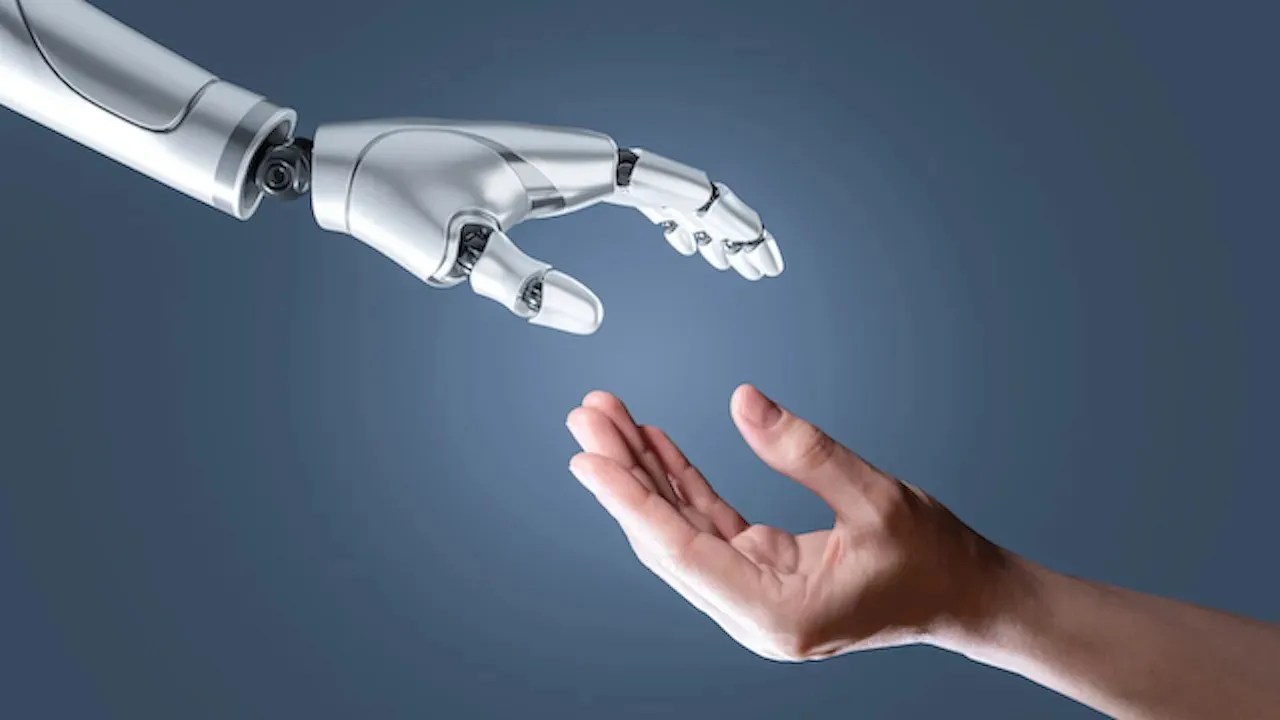As a self-proclaimed nerd, I’m excited to dive into the topic of job automation and AI-driven layoffs. While it may seem like the apocalypse is near, there are plenty of reasons to be optimistic about the future of work. In this article, we’ll explore the world of automation, its impact on jobs, and most importantly, what you can do to stay ahead of the curve.

Your job is (probably) safe from artificial intelligence
The Rise of Automation: A Brief History
Automation has been around for decades, but it’s only in recent years that AI-powered machines have become capable of performing complex tasks with unprecedented speed and accuracy. From industrial robots to virtual assistants, automation is transforming industries across the globe. But what does this mean for our jobs?
The Jobs Lost: A Look at the Automation Numbers
According to a report by the McKinsey Global Institute, up to 800 million jobs could be lost worldwide due to automation by 2030. That’s roughly 25% of all jobs. Now, before you start panicking, let’s take a closer look at the types of jobs that are most likely to be automated.
- Manufacturing: With the rise of Industry 4.0, manufacturing is becoming increasingly automated. Robots and machines are taking over tasks such as assembly, welding, and quality control.
- Customer Service: Chatbots and virtual assistants are already being used to handle customer inquiries and provide basic support.
- Data Entry: With the advent of AI-powered tools, data entry is becoming a thing of the past. Machines can quickly and accurately process large amounts of data without making a single mistake.
The Jobs Gained: Where Automation Will Create New Opportunities
While some jobs may be lost due to automation, new ones are being created. According to a report by the World Economic Forum, 75 million new jobs will emerge worldwide by 2022 that require skills such as artificial intelligence, data science, and cybersecurity.
- AI and Machine Learning Engineers: As AI becomes more prevalent in industries, the demand for experts who can develop and implement these systems is skyrocketing.
- Data Scientists: With the growth of big data, companies need professionals who can analyze and interpret complex data sets to make informed decisions.
- Cybersecurity Experts: As AI-powered machines become more common, cybersecurity threats are becoming increasingly sophisticated. Professionals with expertise in this area are in high demand.
The Future of Work: What Can You Do?
So, what can you do to stay ahead of the curve and avoid being left behind? Here are a few tips:

As AI Spreads, Experts Predict the Best and Worst Changes in …
- Upskill and Reskill: Invest in courses or training programs that teach you skills that are complementary to automation. For example, learning a new programming language or developing expertise in data analysis.
- Emphasize Creativity and Problem-Solving: While AI can process large amounts of data quickly, it’s limited in its ability to think creatively. Focus on developing skills that require human ingenuity and problem-solving abilities.
- Develop Soft Skills: As automation takes over routine tasks, soft skills such as communication, teamwork, and adaptability become increasingly valuable.
The silver Lining: How Automation Will Change the Nature of Work
While job automation may seem like a bleak prospect, it’s also an opportunity to rethink what work means. With automation taking over routine tasks, humans can focus on more complex and creative endeavors. This shift in perspective can lead to a better work-life balance, increased productivity, and a greater sense of fulfillment.
The Human Touch: Why Emotional Intelligence Matters
As AI-powered machines take over more and more tasks, emotional intelligence becomes increasingly important. While machines can process vast amounts of data, they lack the ability to empathize or understand human emotions. By developing your emotional intelligence, you’ll be better equipped to interact with colleagues, customers, and clients in a way that’s authentic and meaningful.
Conclusion: The Future of Work is Here
In conclusion, job automation and AI-driven layoffs are just the beginning of a new era in work. While it may seem daunting at first, there are plenty of reasons to be optimistic about the future. By upskilling, reskilling, and developing soft skills, you’ll be well-equipped to stay ahead of the curve and thrive in this brave new world.
So, go ahead and automate those mundane tasks. Focus on developing your emotional intelligence, creativity, and problem-solving skills. And most importantly, remember that the future of work is not about the machines – it’s about us humans.

Your job is (probably) safe from artificial intelligence
